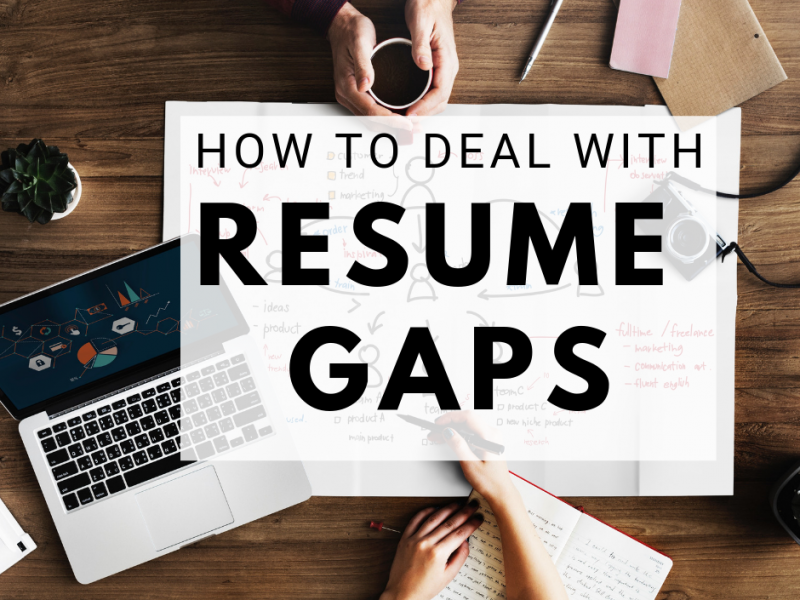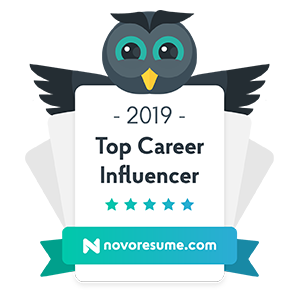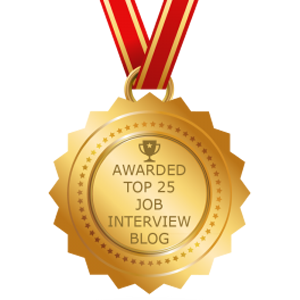Reentering the workforce after a long absence can prove challenging but it’s not impossible. Since employers are most interested in someone with fresh experience, who can do the job, one of the greatest challenges with career reentry will be to account for resume gaps. Try these tips for overcoming resume gaps and getting back into the workforce.
You Can’t Eliminate Gaps But You CAN Use Them to Your Advantage
Resume gaps are one of the biggest fears of job searchers (rightfully so). They are often perceived by job searchers as being a huge red flag for recruiters and hiring managers – having the power to completely ruin one’s prospect of landing a job. While this can be the case, it is not always the case because recruiters and hiring managers understand that “life happens.” The reality is this: you can’t eliminate your employment gaps. They will be with you for the rest of your career. However, you can change how you brand your gaps in your resume and hiring conversations by unfolding the layers of relevant jobs, tasks, skills, and abilities gained during your gap. This is where your time is best spent: crafting your career story (gaps and all) to your advantage.
Understanding Your Gap: Start by Taking Inventory of Your Time Off
In order to strategically use your resume gaps to your advantage, start by taking inventory of your time away from the workforce. Here are some questions to ask yourself as you analyze your gaps.
What have you been doing during your gap?
Were you an active volunteer?
Were you caring for a loved one?
Were you active in kids sports activities, classroom volunteer, a leader on the parent/teacher committee or involved in any other relevant volunteer that showed leadership, initiative, management skills, organizational skills or other such transferable skills?
What do you consider your greatest accomplishment/s during that time?
What are your top computer skills and/or do you need to brush up on the latest technology so that you are competitive in the current job market?
Have you completed an inventory of those years? If not I suggest that you begin an inventory today to recall what you have done, what are your accomplishments and most importantly, what you can offer an employer?
Get Input From Friends and Family
In addition to asking yourself these questions, ask family members and friends what skills you’ve utilized best over the gap time period. Ask them what they think you do well. The important thing is that you know yourself and know where you are heading as you embark on this new adventure. Once you know this you can begin to formulate your goals, skills, and abilities, in order to create compelling stories about your life and big picture career path. If you are not sure about your big picture career path, career goals or career direction, you may benefit from the help of a Clarity Career Coach.
Don’t Overlook the Small Stuff Inside the Gap
Remember: you own your career story and it’s up to you to include the most important details. While you’re going through your gap analysis and gaining input from your friends, it’s important to not overlook what you might consider being mundane. Many times clients will say something to me that to them seems frivolous or unimportant and often that minor detail leads to a huge selling point for their resume. Don’t leave anything out! You can always eliminate details later.
The Lessons Learned During Your Time Off Are More Attractive Than You Think
In re-entering the workforce, many clients feel they have nothing to offer an employer. According to CareerLadder, some of the top qualities companies report they are seeking are: critical thinking skills, confidence in one’s abilities, honesty, integrity, collaboration, communication skills (both verbal and written), cooperation, ability to listen and learn and an ability to work with others. They consider leaders to be those who demonstrate focus, respect, passion, and compassion. What stay at home parent or child helping an elderly parent with hospice care doesn’t possess these qualities in abundance! So in addition to technical skills that are needed to complete a job, there are numerous other things to consider as you complete your inventory of accomplishments, personality, and skills.
As someone who hasn’t looked for a job in almost 12 years, I was quickly overwhelmed by the abundance of advice and “dos and don’ts” out there with regard to the best approach to finding a new job. After 4 weeks of trying to figure it out on my own, I turned to NG Career Strategy and Noelle quickly paired me with Soozy Miller, CPRW, for help. I opted for “The Works” package and Soozy got to work on my resume, LinkedIn profile and cover letter. I’m sure I was not the easiest client-obsessed with details and stressed by my timeline, but Soozy was great. She was patient with me, answered all of my questions, and worked with a sense of urgency to wrap things up in time for my first interview. Plus, she gave me a crash course in effective resume writing and helped me figure out exactly how I want to market myself. My only regret is not reaching out to NG Career Strategy sooner–I could have saved myself a lot of stress in those early weeks! – Katie, Marketing Professional
How to Make Your Gap Shine: Taking Your Inventory One Step Further
Skills and personality traits don’t mean anything to a hiring manager or interviewer unless you can back them up with stories and results. While you’re focused on identifying skills in your inventory, take some time to write down examples for each skill. You’ll not only be able to demonstrate these traits in your resume but also discuss in your interview. If you’re having trouble communicating your value in interviews, try working with an interview expert to craft your strongest stories.
Include this Information About Your Employment Gap
After you’ve completed your gap inventory of relevant skills, examples and personality traits that demonstrate your ability to perform well on the job – the next step is to put all of this together into a resume that will catch the eye of an employer.
Generally, you want to think about what you were doing in your downtime: your skills/abilities, jobs that you’ve had whether volunteer or paid, dates, names of organizations, any pertinent information about the organizations, job titles and an overall list of what you did in the job. Be sure to include achievements since this will be the true mark of your ability to perform. A sample outline might look like this:
Skills: Organization, leadership, technology, budgeting, teaching,
Personality Attributes: Adaptable, flexible, engaging, punctual, focused
Positions or Experience: Sunday School Teacher
Dates: 2005 to Present
Titles: Teacher/Assistant Teacher (highest rank first)
Summary of tasks: Promoted to lead teacher from assistant. As assistant teacher – organized children at the start of each class, reviewed homework; assisted lead teacher with classroom management. Developed weekly curriculum. Conducted research to build lesson plans.
Key achievement: Selected as lead teacher in recognition of extensive content knowledge of subject and ability to keep children engaged and participating in program.
It is essential that you are able to back up anything you put in your resume with actual experience. Vague statements stating that you have “strong organizational skills” or that you are “good at budgeting” because you have balanced your checkbook for the past 20 years will not impress an employer.
The goal of resume and interview communications is to highlight what you did, how you did it, how it is relevant, and the outcome. You MUST prove that what you did or what you are doing can give the employer her/his return on their investment. The hiring manager needs to picture you as part of their team. Put it all down on paper and then go through and eliminate unnecessary details as you begin to build your resume. You won’t keep everything on the resume, but you do want to start with a comprehensive list to get to your final draft.
How You Display the Gap on Your Resume Can Make All the Difference
The right way to fill a resume gap will depend on you, your situation and the target job. However, to fill in lengthy gaps there are certain sections you’ll want to consider including.
Include a Technology Section
Technology would be one of the parts you want to include since technology/technological capabilities used by companies has likely changed since your last job. Don’t list obvious skills that would be expected by every company, such as email or Microsoft Word unless the job description specifically requests it. Hone in on platforms specific to the organization you’re joining. Listing Salesforce or various types of social media, for example, will indicate that you are on top of current tech trends. Avoid listing outdated forms of technology such as fax machines. If you don’t have up-to-date skills, consider taking a class so you can list the necessary tech skills. Libraries and community colleges with adult education programs are a good place to start.
Include Relevant Interests and Professional Affiliations
You’ll also want to consider including interests, relevant memberships or professional affiliations, as they will give you potential commonalities with the hiring manager. I wouldn’t recommend this on all resumes but for an extended gap, this is a good move.
Be Sure Your Resume is Visually on Trend
Last but not least, be sure your brand is visually up with the times. If you’re recovering from a massive gap, your resume will probably have an outdated look and feel. Lead with a modern resume design that incorporates current best practices and trends. A resume refresh will give a modern feel to your resume and might be just what you need! You’ll also want to look the part for the interview since first impressions are everything. This guide will help you get your interview look just right!
If you need help cleaning up your resume gaps and creating a resume with a keyword and ATS strategy check out our best-selling package, The Works. It covers all the bases—resume, cover letter, LinkedIn profile, and a 30-minute phone consult with one of our career strategy experts—to give you the best chance at getting hired.


 21 LinkedIn Networking Groups for AmeriCorps Members & Alumni
21 LinkedIn Networking Groups for AmeriCorps Members & Alumni


